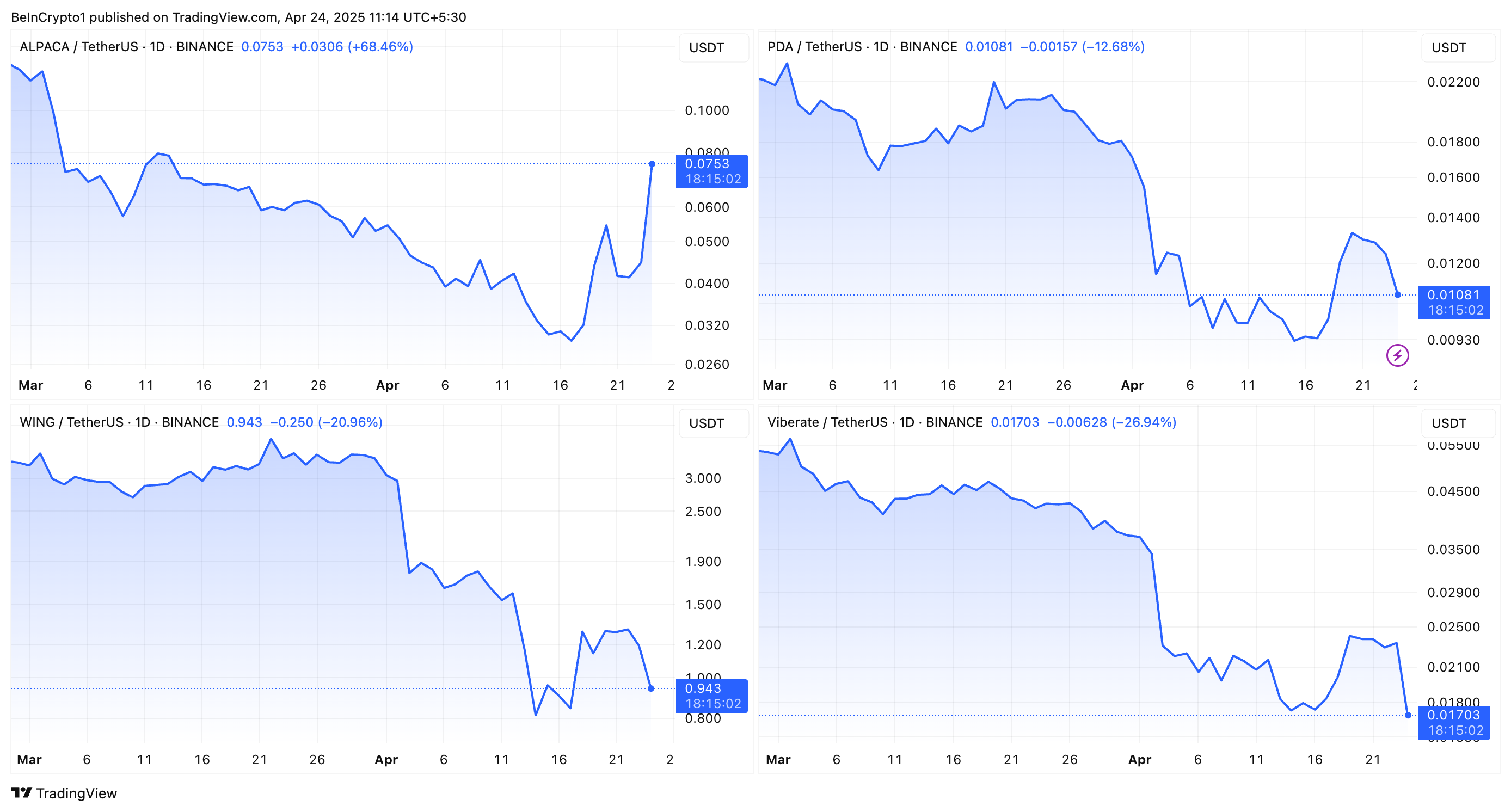Thailand’s Securities and Exchange Commission (SEC) is taking a significant leap towards embracing cryptocurrency investment. On Wednesday, the SEC announced a proposal to revise regulations that will permit mutual and private funds to invest in digital assets, including crypto exchange-traded funds (ETFs) listed on U.S. exchanges. This initiative aims to align Thailand’s investment landscape with the growing global interest in cryptocurrencies, further solidifying the nation’s status as one of the most crypto-friendly countries in the world.
A Step Towards Modern Investment Opportunities
With Thailand ranking 10th globally in cryptocurrency adoption, the proposed regulations are timely. The SEC’s move is designed to cater to the increasing appetite among Thai investors for innovative financial products. According to Deputy Secretary-General Anek Yooyuen, the revised criteria will ensure that investment tokens mirror traditional securities in terms of investment ratios and risk profiles. This approach recognizes the evolving nature of financial assets and aims to facilitate a smoother transition for institutional investors and ultra-high-net-worth individuals who may have higher risk tolerances.
Under the proposed regulations, mutual and private funds will be allowed to invest in specific investment tokens, while adhering to existing limits on traditional securities. These limits include single-entity, group, and concentration limits. Notably, for institutional investors and ultra-high-net-worth individuals, the SEC plans to eliminate investment limits for crypto ETFs, opening the floodgates to a broader range of investment strategies.
Strengthening Regulatory Frameworks
The SEC is also keen on refining its regulatory frameworks to ensure secure and transparent investment environments. The proposed revisions will enhance asset custody protocols, digital asset valuation methodologies, and information disclosure standards. This level of diligence is crucial for maintaining investor confidence and safeguarding against potential market volatility.
In June, Thailand made headlines by approving its first crypto ETF, issued by One Asset Management (ONEAM), marking a pivotal moment in the country’s digital asset landscape. This approval signaled the Thai SEC’s commitment to developing a robust regulatory framework for cryptocurrencies, allowing investors to engage with digital assets in a structured and regulated manner.
Future Initiatives and Increased Penalties
In addition to the proposed mutual fund regulations, the Thai SEC is considering new measures, such as allowing authorized initial coin offering (ICO) portals to utilize outsourced companies. This initiative aims to streamline the ICO process while ensuring compliance with existing regulations. Furthermore, the SEC plans to expand its regulatory sandbox project, allowing ten private companies to test crypto exchanges for Thai baht.
However, the SEC is also taking a firm stance against non-compliance. Violations of crypto regulations will be treated as serious offenses, with plans to increase penalties for companies that breach the rules. Securities firms that send inappropriate trading orders could face fines ranging from 1 million to 3 million baht, while investors engaging in stock manipulation may be subject to both civil and criminal penalties.
Also Read: Aethir Launches $100M Fund With 336M ATH Tokens To Fuel AI And Gaming Growth
Thailand’s SEC is laying the groundwork for a more inclusive and regulated cryptocurrency market, aligning with global trends while catering to local investor interests. As the country positions itself as a leading player in the crypto space, the proposed regulations for mutual funds to invest in digital assets could herald a new era of investment opportunities, attracting both local and international investors. With an evolving regulatory framework, Thailand is set to maintain its momentum in the dynamic world of cryptocurrencies.






